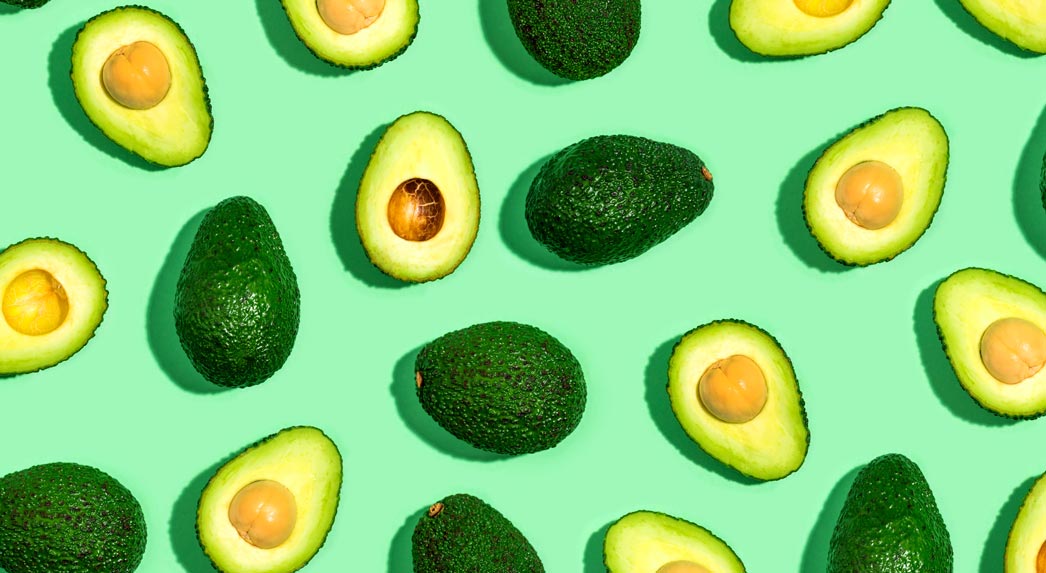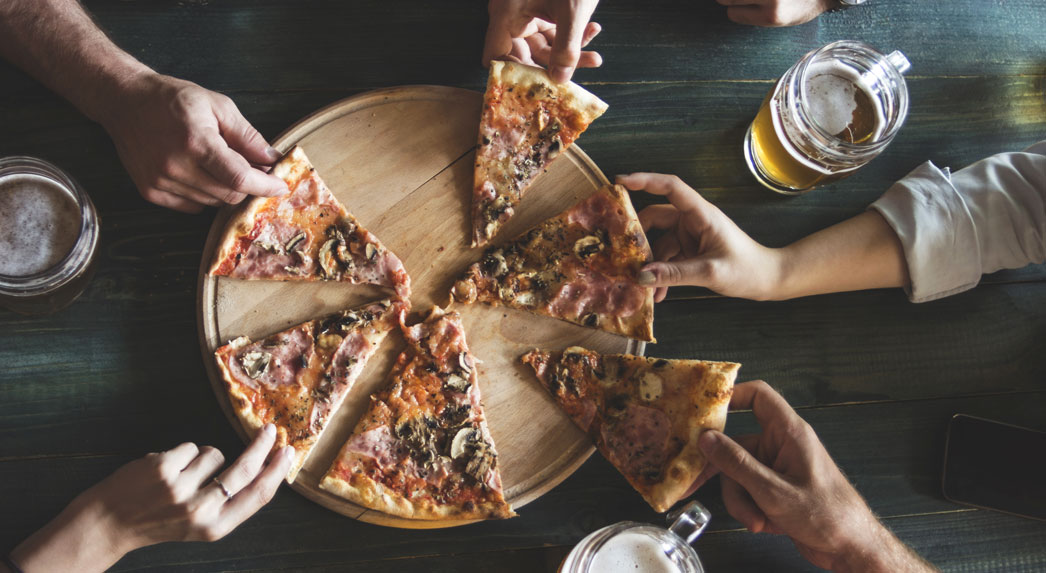
6 Food myths it might be time chop
March 04, 2019
This article was written prior to 15 March 2021, before the launch of the new Financial Advice Regime, and was published for information purposes only. It is not being actively promoted by Dollar Insurance. Dollar Insurance does not provide financial advice about the suitability of their products and cannot take into account your personal situation or goals. Before you decide to take out a Dollar Insurance Policy, you should read the relevant Policy Wording document which contains the terms, conditions, and exclusions of the Policy, and seek independent financial advice, if required, to ensure the insurance policy is suitable for you.
There’s so much confusing diet advice out there. Sometimes it’s easier to fall back on old-school wisdom instead of chasing the next food trend.
But what if those old sayings aren’t exactly the honest truth? Plenty of food myths have been floating around since before the internet was a thing. Lucky for us the truth is just a few clicks away!
Here are 6 food myths it might be time to chop:
“An apple a day keeps the doctor away!”
Apples are a yummy, healthy snack—but can they really keep you out of the GP’s office? Researchers put them to the test 2015. Daily apple eaters didn’t visit the doctor less often than people who picked other snacks, but they did seem to need fewer prescription drugs. Still, eating an apple a day could be a good way to help get some of the fibre and vitamin C the body needs.
Eating carrots will improve your eyesight.
If you’re hoping that munching on some carrot sticks will keep you from needing glasses, think again. But, that doesn’t mean they aren’t good for your eyes. Carrots help your body make vitamin A, which can help prevent night blindness. If carrots aren’t your thing, sweet potatoes and leafy greens, like spinach and kale, do the same thing.
Vitamin C can keep you from catching a cold
Hate to burst your bubble, but vitamin C probably isn’t a miracle cure. A 2013 study found that vitamin C cut the risk of getting a cold in half—but only if you’re a marathon runner or doing some extreme training. It didn’t seem to make any difference for everyday folks. But there is a tiny silver lining: Taking vitamin C could help shorten your cold by about a day.
Raw vegies are better for you than cooked ones.
You’ve probably heard that cooking vegies removes all the good vitamins and minerals in them. This isn’t completely wrong—some vegetables are better raw than heated. For example, cooking a tomato for just two minutes takes away about 10% of its vitamin C. But, many vegies get better when they’re cooked. Veg like asparagus and carrots are easier to digest when they’re cooked, also making it easier to soak up all the good stuff hidden inside.
“Feed a fever, starve a cold.”
Or is it the other way around? Whatever the saying is, there might be some truth to it. One study found that lab mice with the flu were more likely to live through it when they were fed. The opposite happened to the unlucky mice infected with bacteria (what causes colds). It’s hard to say if the same is true for humans, but maybe Nan was right all along!
Sugar makes kids hyper
The ankle biters just got back from a birthday party and are running wild. It’s got to be all that sugary cake, frosting and lollies, right? Maybe not. More than one study found zero link between hyperactive kids and sugar or non-natural sweeteners. In fact, it’s probably the party that’s to blame, not the sugar. Since kids often eat sweets at times when the rules are relaxed—like celebrations, holidays or visiting Grandma’s house—you might be mistakenly blaming sugar when it’s really just excitement!
Ready for some more food facts? Here are 10 things you didn't know about pizza.
Sources
Harvard Health Publishing, An apple a day may not keep the doctor away, but it’s a healthy choice anyway, April 2015
NPR, Do Carrots Really Help Your Vision?, June 2017
Harvard Health Publishing, Can vitamin C prevent a cold?, January 2017
BBC Good Food, Raw vs cooked, accessed February 2019
SBS, Feed a fever, starve a cold? When you’re sick it may really matter, September 2016
Australian Academy of Science, Does sugar really make kids hyper?, accessed February 2019
About the author: Dollar Insurance is all about making insurance as painless as possible, with easy to get funeral cover, for just $1 a day.
Disclaimer: The information provided in this article is of a general nature only and does not take into account your personal situation or goals. You should consider whether the information is appropriate to your needs and seek independent financial advice, if required, to ensure an insurance product is suitable for you.
Any product information is correct at the time this article was published. For current product information, please visit the Dollar Insurance website.




